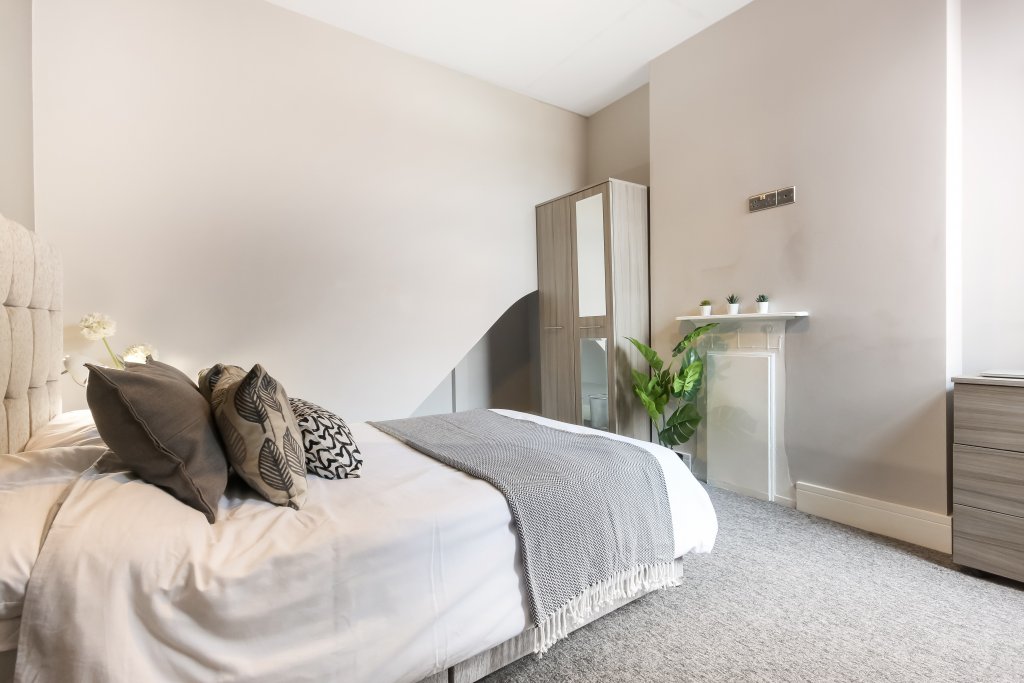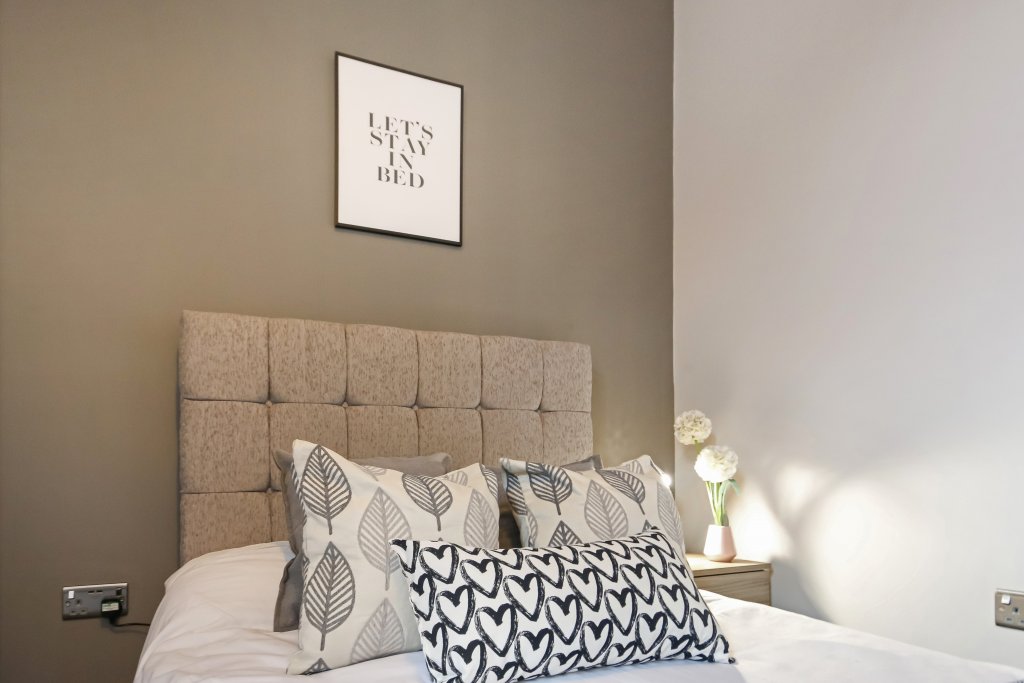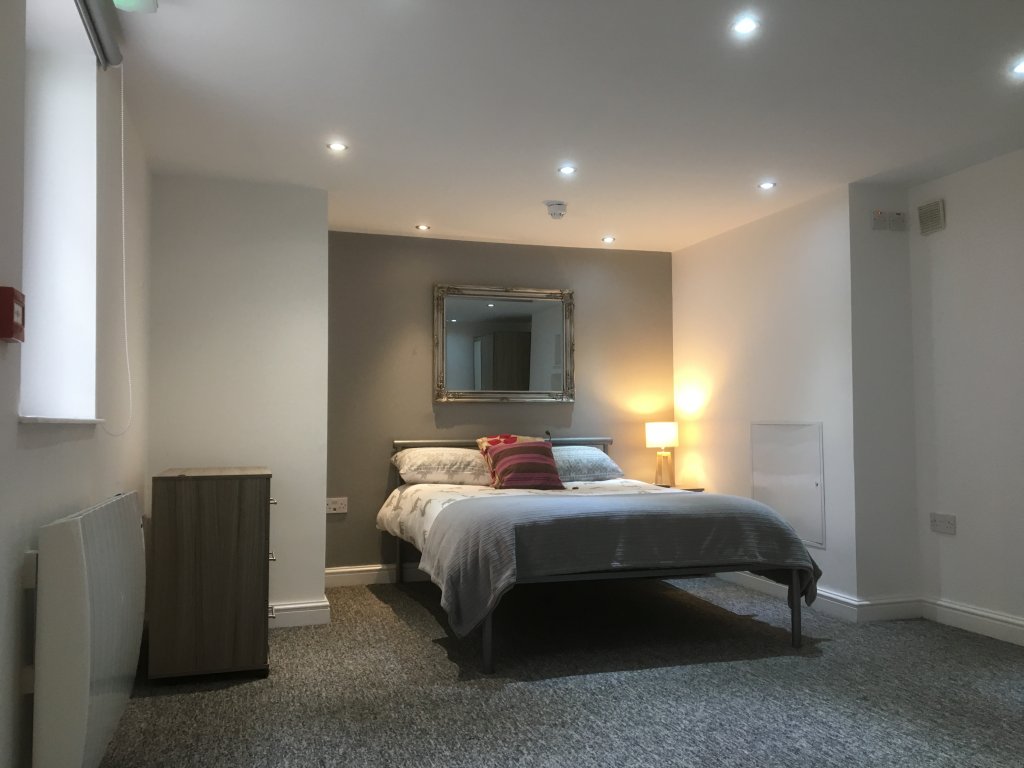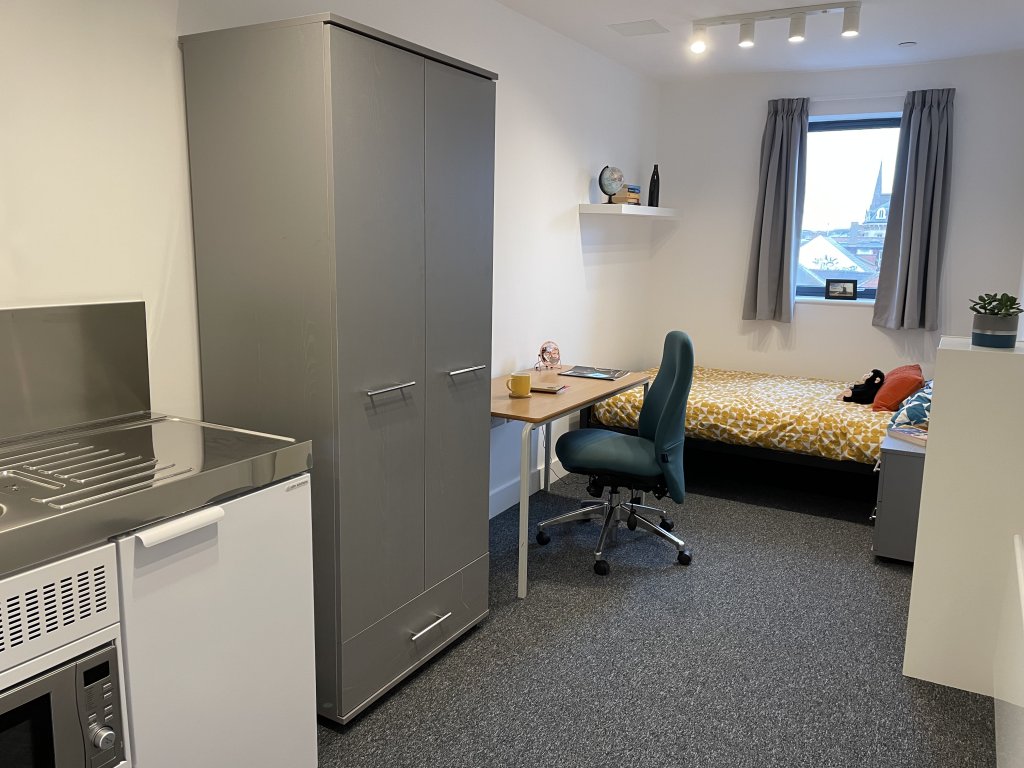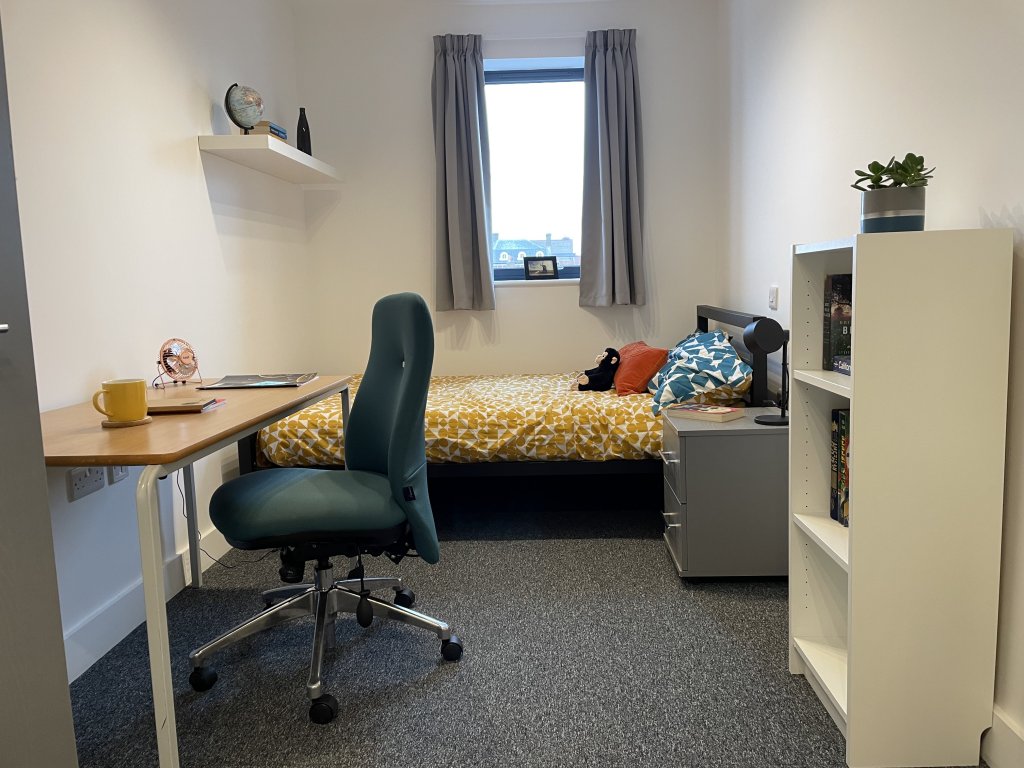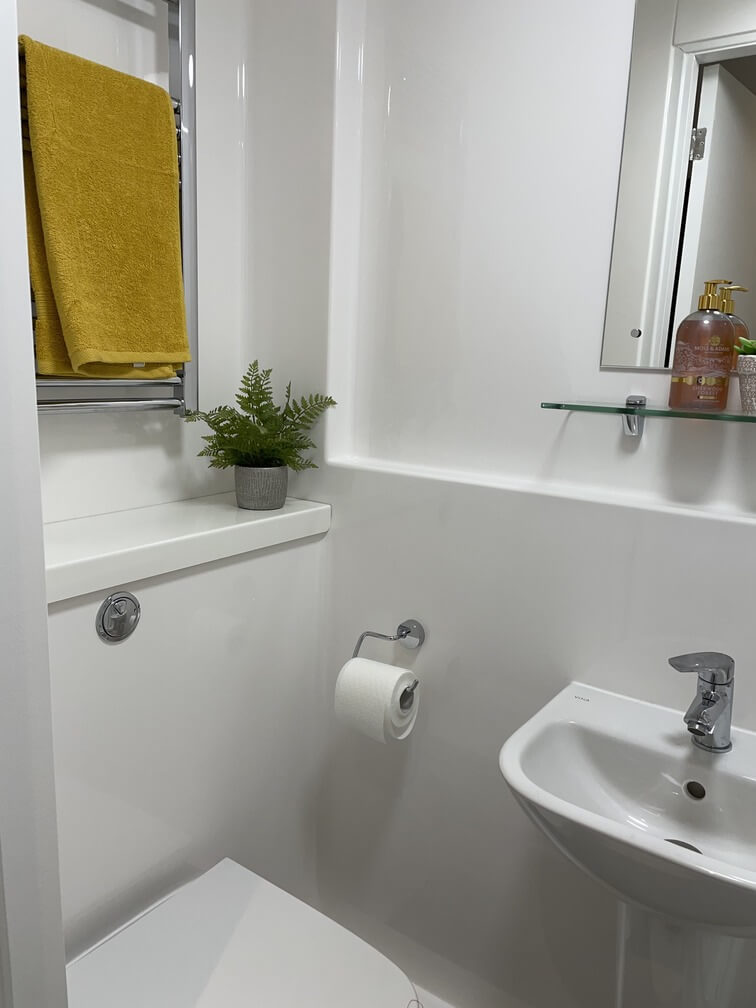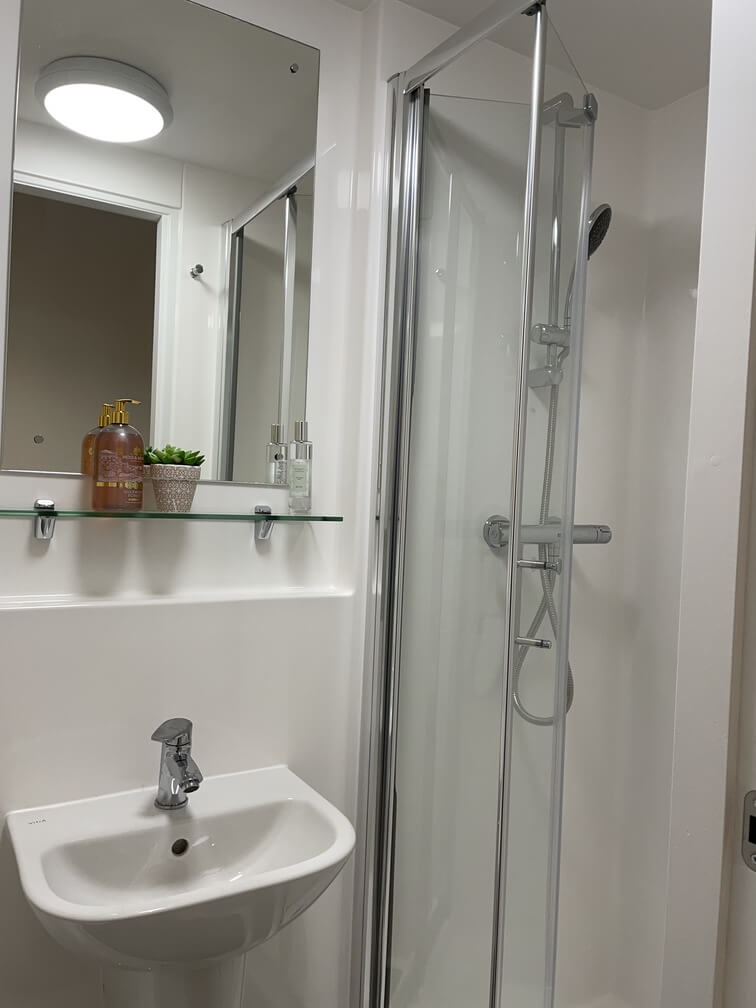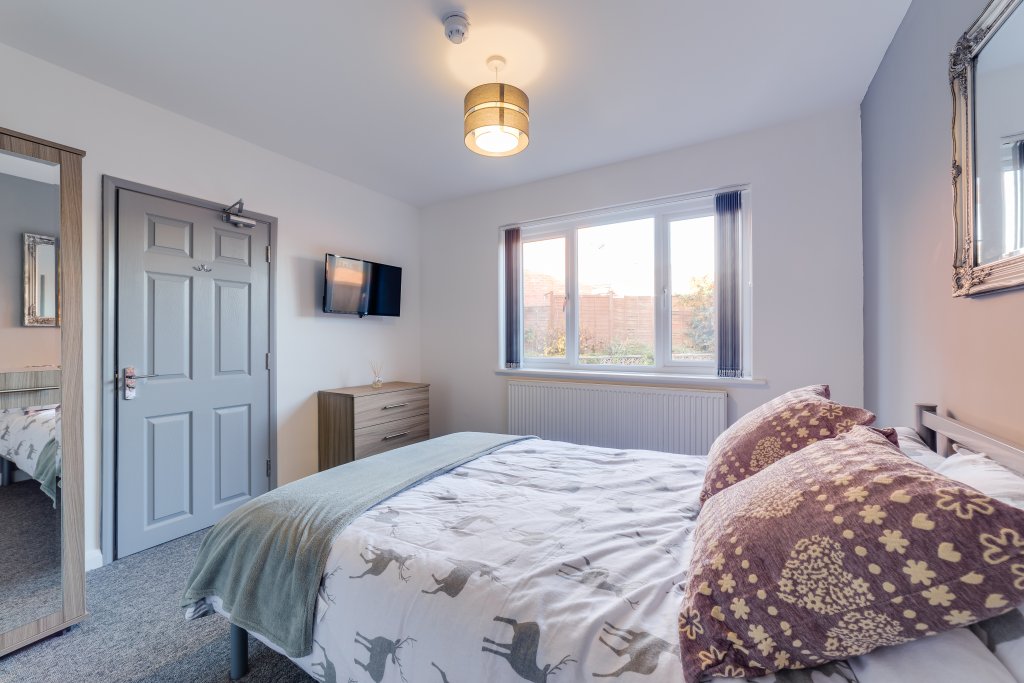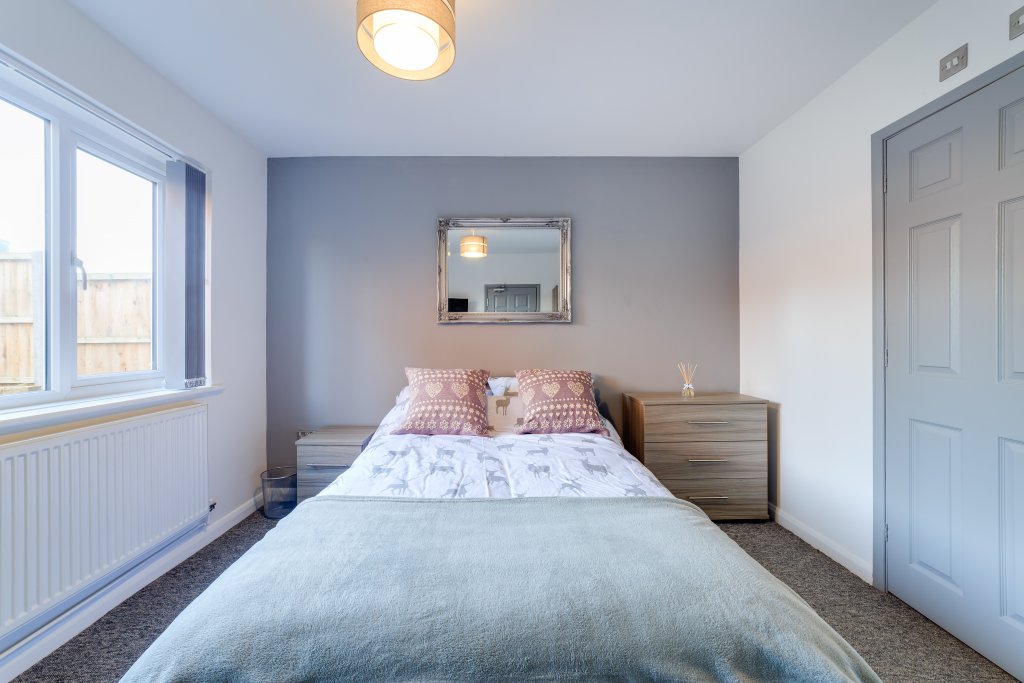How to Properly Reference Potential Tenants for your Rooms

In last week’s blog we looked at making sure your rooms stood out above your competition on Spareroom, so assuming you followed the tips we gave in that blog post you should have GREAT tenants lining up to take your rooms!
So you’ve shown your long list of potential tenants around your HMO and room to have available, now you need to determine in they are going to be right for your property, fit in with the rest of the tenants, pay their rent on time and be suitable tenants who aren’t going to cause problems. This Is where many landlords fall short as all they want to do is get their room filled quickly with anyone to keep the rent coming in but this rarely works and in the long run will cause a lot more headaches with rent not being pair or late, damage to your property and a high turnover of tenants so you have to go through this process time and time again which can be expensive and cause problems for the other tenants in the house.
These problems can be avoided if you spend a little time and effort at the beginning by thoroughly referencing incoming tenants in order to reduce the risk as much as possible. Obviously even when you thoroughly reference tenants, things do change and tenants can end up causing problems but the more time spent trying to reduce the risk, the more likely you will end up with a good tenant who will look after your property, pay their rent on time and stay for a good length of time. You want longevity with your tenants as that reduces void periods and costs of re-letting rooms and paying for damage meaning more money to you!
How to Reference Potential Tenants properly and efficiently
At Relo we have a 5-stage referencing process. We will explore each state here to help you keep better tenants and thus reducing voids and costs to you.
Stage 1 – Online/Telephone Qualification
When someone first sends a message on Spareroom or phones you to inquire or to arrange a viewing you want to try and qualify them over the phone or online to establish whether showing them around for a viewing is worth your time as all too often you meet a tenant for a viewing and then when talking to them realise they its actually a couple wanting a room of they are on DSS and if that’s not the tenant you want (which is might well be in which case great and you won’t want professional tenants) then you are just wasting time. By qualifying them over the phone it gives you a much better understanding of if they will be right for the house of not and thus worth a viewing. This tip alone will cut out 50% of people responding to your adverts.
These are the questions we at Relo use to qualify them over the phone on or line before we go any further with the referencing process:
Ask them their full name
Age
Phone number
Email address
Whether the room is for them or someone else
What their job is
What Their budget is
When they need to move and why are they moving
Do they have the admin fee of £150 and first month’s rent up front?
Is it just them moving into the room? (We don’t want couples)
Once you are happy that the prospective tenant meets your criteria for the room then you can move onto the next step which is showing them around and meeting them personally.
Stage 2 – Meeting them and Gut Reaction
Stage 2 of our referencing process is conducting the viewing (watch out for a blog post coming on conducting the perfect viewing) and getting a gut reaction of the potential tenant. It is very easy for a tenant to come across well on the phone or online and meet your criteria but when you meet them it can be extremely obvious that they are not suited (or are perfectly suited) for your room and property. We have found this to be one of the best ways of referencing tenants, just by meeting them and getting a gut reaction of what they are like in person and if they will fit into the property. Ask them questions about their job, why they are moving and try and gain as much information about them as possible to help determine if they will be a good tenant.
If it is clear they won’t fit in, be polite and show them around anyway as you never know they might fit well in another house or with another landlord you know.
Stage 3 – Credit, Reference, and Right to Rent Checks
Once you have shown a tenant around and they would like to take the room and you’re happy they will fit in Stage 3 is the more detailed reference checks. You can either do this yourself or ideally you want to use an external referencing agency. These are the absolutely key factors you need to determine in order to pass referencing:
Run a Credit Check on themSee if they have any CCJs on their nameYou want to obtain a current Employer Reference – (confirmation of Employment and Salary)You want both their current and Previous Landlord details so you can ring them and get feedback about the new tenant.Nation Insurance Number (NI) to prove they can work and in case you need to track them down for not paying rent in the future!!Copy of Passport/Driving License just to check they are who they say there are.3 Month Bank Statements and pay slip check they have regular income coming in to show they can afford the rent.
We strongly suggest you outsource this to an external company to conduct this step for you. Here are some of the better-referencing companies:
Home Let
Rent4Sure
Vanmildert
Ezylet
Goodlord
You will also need to conduct Right to Rent checks on potential incoming tenants. You can find a blog about how to go about this here: relorooms.co.uk/blog/new-right-rent-changes-comply/
Once you are they have passed all of the above checks you can be pretty confident they will be a good tenant. However at Relo we have 2 more stages to ensure they will be a GREAT tenant and thus further reducing the risk of a bad tenant.
Stage 4 – Current Home Inspection
After passing their main referencing checks we like to conduct a home visit to their current address as its relatively easy to pass their referencing if they have a job but we want to establish how they live and thus how they will treat our landlord’s property. It can be very telling seeing how they treat their current property and a key insight into how they might treat one of ours. If they refuse to do this apart from a very good reason, we warned! We have found, f they really want to the room they won’t mind you having a quick look.
Stage 5 – Deposits and Guarantors
The last stage of referencing and reducing the risk of a bad tenant is to ensure you take a deposit, usually at least one month’s rent, and a guarantor for them who will be liable for any missed rent or damages on behalf on the tenant. You will also need to reference the guarantor as per above! Deposits act as a contingency is case of missed rent and to pay for any damages caused by the tenant.
Assuming you do all of the above stages you can be extremely confident you will have a good tenant who will pay their rent on time and stay with you for a long time. Obviously as we alluded too earlier in the blog, even conducting all of these reference checks doesn’t guarantee the perfect tenant as things can change like a tenant losing their job but it will ensure you reduce the risk significantly of having a bad tenant.
If you think that conducting all of the above steps yourself will be time consuming and long. Relo can help we are HMO letting agents who can conduct all of the above processes for you and ensure you get the best tenants in your property. Contact us today.

